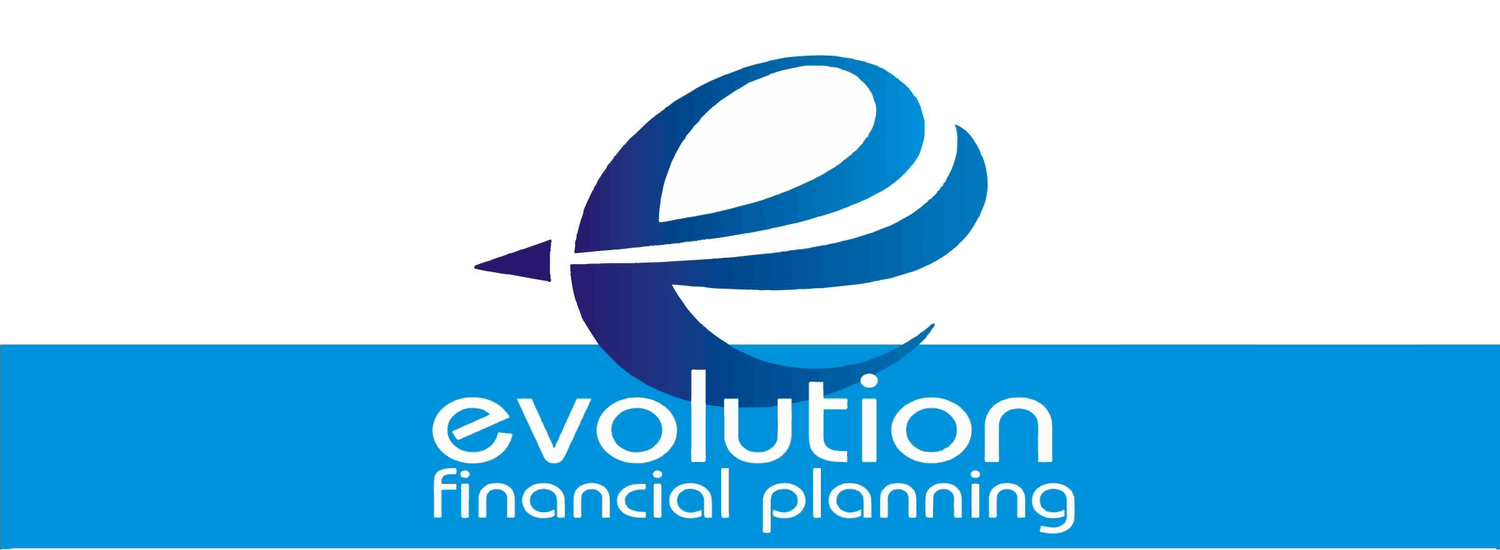Put your money where your heart is
For a growing number of people, investing is not just about putting your money into something – it’s about making a genuine difference.
What would you say if someone asked you if they could use your backyard to grow tobacco? For most people the answer would be a swift ‘no’. And why shouldn’t it be? Your resources are yours and you care about how they’re used.
No longer is it enough to simply make money, we want to know how that money is being made. In particular, that the money isn’t being made at the expense of people and the environment.
This socially-responsible mindset is changing the way people choose what they buy, which companies they want to work for, and where they invest their money.
It’s also opening new avenues for individuals to create a legacy that they can both profit from, and be proud of.
Making a positive difference
As an individual in a world full of challenges, the thought of ‘making a difference’ can be overwhelming. But in reality it’s becoming increasingly easy to do your bit – regardless of what resources you have at your disposal.
Here are some examples of things you can do to help maximise the impact of your good intentions.
1. Invest your super in ethical funds
Most super funds offer ethical funds among their investment options. While it’s important to ensure these funds fit into your overall investment strategy, putting some of your money into these funds helps reward socially-responsible companies with your investment dollar.
It can also reward you. Performance data shows that you can invest both ethically and successfully – with an ethical fund actually topping Mercer’s performance table for Australian share funds in 20121.
2. Donate money out of your salary
Making tax-deductible donations to charitable organisations is a well established way to deliver financial support. But some employers now offer workplace giving programs, or salary sacrifice arrangements, to facilitate donations straight from your before-tax income.
This method of donating effectively brings forward the tax-deduction you would otherwise be able to claim on these amounts in your tax return.
You will need to check these arrangements with your employer, but if you’re a regular donator to charity it’s worth exploring – some employers may even match your contributions and boost the impact your donations can have.
3. Donate business stock, shares or other items of property
Cash isn’t the only way you can donate tax-effectively. According to the Australian Taxation Office, you may also be able to claim a tax deduction for donations of property, shares, culturally significant items or even business trading stock – provided they’re made to deductible gift recipients (DGRs)2.
There are some restrictions around the types of assets, how much they can be worth, and how long you need to have owned them to be tax-deductible, so check with your tax adviser before you act.
4. Volunteer your time and skills
Of course, your contribution to making the world a better place doesn’t have to be financial. Your time, skills and expertise are among the most valuable assets you can offer.
According to Volunteering Australia, the number of Volunteers in Australia doubled between 1995 and 2010 – from 3.2 million to 6.4 million3. And with more baby boomers entering semi or permanent retirement over the next decade, the industry is likely to get a further boost of people power.
Some of the industries that are frequently in need of volunteers include emergency services, health and ageing, education, social justice, heritage and culture and sport and recreation. You can find out more about volunteering opportunities in your area at www.volunteeringaustralia.org.
5. Get your children involved
One of the most powerful things anyone can do to better their community is set another human being on the path to a life of social responsibility. That’s why getting your children involved in your decision-making can have an incredible and lasting impact.
Asking your children or grandchildren to research or contribute ideas to your charitable giving, or even manage a charitable trust on your behalf (see below), may be a good way to build positive attitudes and habits to carry into adulthood.
6. Set up a charitable foundation or trust
One way to give yourself and your family greater control over how your legacy is carried out is to start your own charitable foundation or trust.
Holding assets in a charitable trust structure, rather than in an individual’s name, means any income derived from the assets is generally not taxed. These concessions only extend to trusts that are registered with the Australian Charities and Not-for-profits Commission (ACNC). That means more of your money can go to the causes you care about.
Another option that is becoming increasingly popular is to set up your own Private Ancillary Fund (PAF). PAFs are similar to charitable trusts in that they give you control over how the funds are distributed, but with PAFs you are outsourcing some of the administration and compliance obligations to a trustee or co-trustee (often a Private Bank) – which can make PAFs easier and less expensive to establish than trusts.
Seeking advice to do it right
Talk to your financial adviser if you’d like to be more socially-responsible with your investment portfolio, or structure your giving in a more tax-effective way. With good intentions and a generous spirit, you can use whatever resources are available to you to make a difference in the lives of others – ensuring more of your money ends up in the right hands.
‘Perpetual Ethical Fund tops performance as share funds rebound’ – Sydney Morning Herald, 15 January 2013
‘Making tax deductible gifts and contributions’ – Australian Taxation Office website
‘The latest picture of volunteering in Australia’ – Volunteering Australia website
